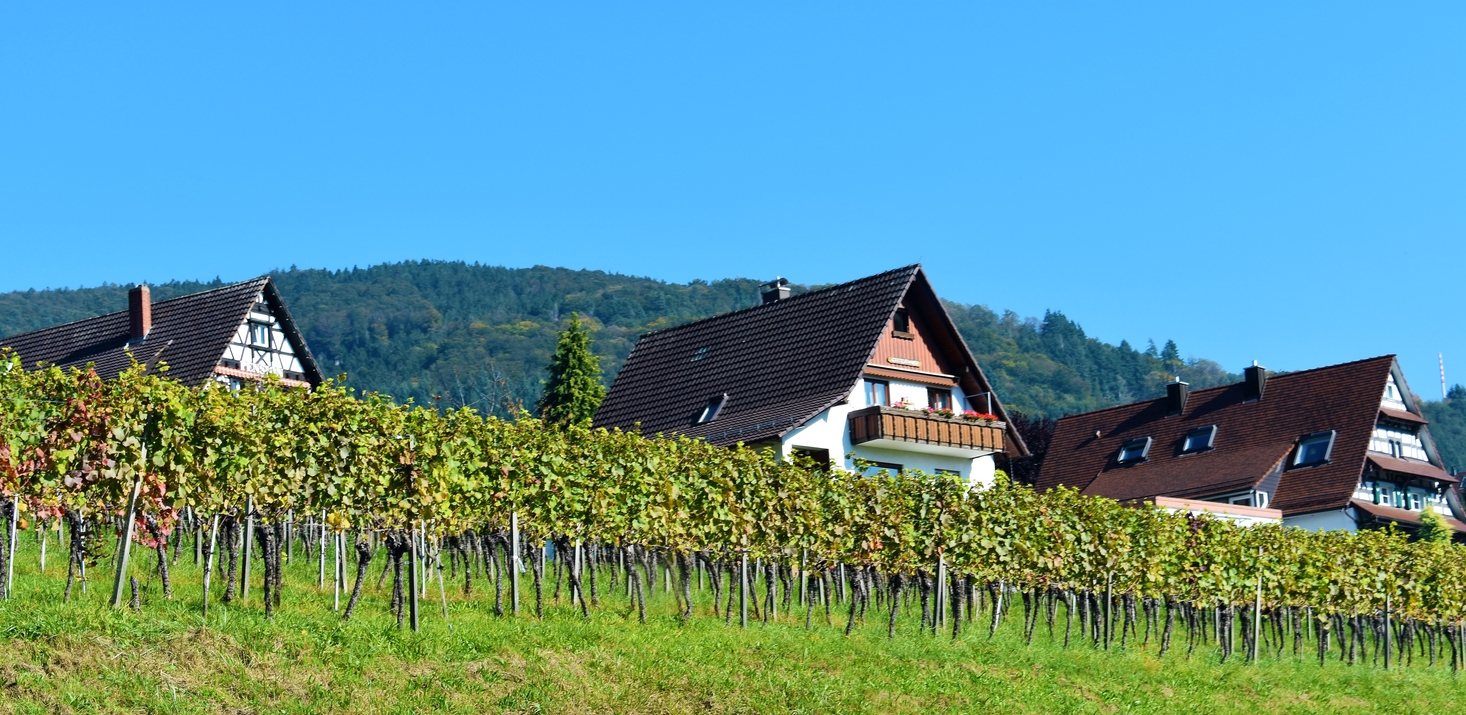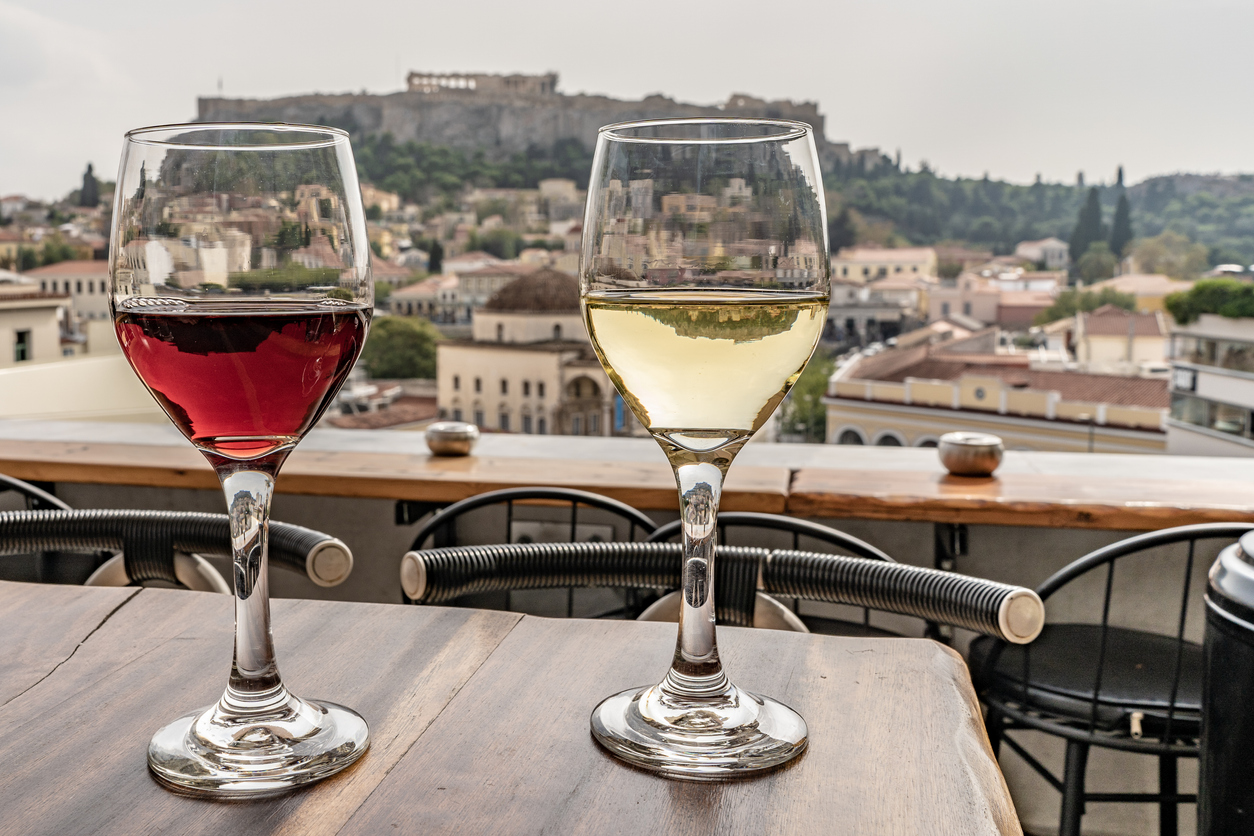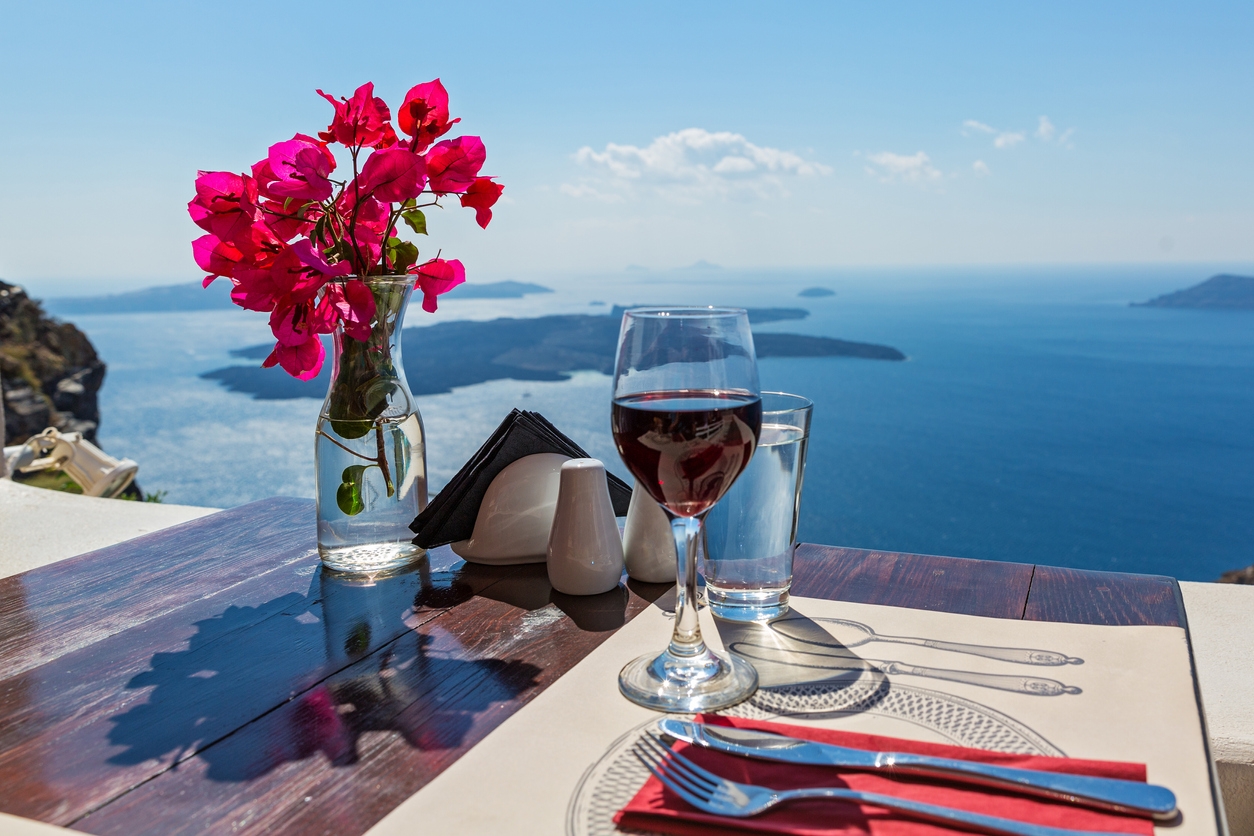Wine tourism is booming. France alone attracts 10 million oenophile tourists each year, generating almost $6 billion (£4.6 billion) annually, according to CNBC.
But with places like Bordeaux, Champagne and Napa Valley in the US suffering increasingly from overtourism and rising prices, many wine lovers are seeking more offbeat destinations.
From tiny islands to primordial forests and buzzing metropolises, here are the surprising places which make excellent wine breaks.
Budapest, Hungary

For most people, Hungarian wine starts and ends with the golden syrupy nectar that is Tokaj. But the country’s wine culture is far more nuanced than this lets on. A century ago Hungarian wines were drunk in every single royal court in Europe and a recently growing appreciation of their complexity and range has sparked something of a revival.
Base yourself in Budapest, which brings together the best of the country’s wines in one place, and take day trips out to the vineyards. Matild Palace – a luxury hotel that was the social hub of Budapest during the Belle Epoque era – has one of the city’s most impressive wine collections.
Built on the command of Her Imperial and Royal Highness Maria Klotild of Saxe-Coburg and Gotha, this wedding cake-esque structure is now a UNESCO world heritage site.
The restaurant, run by famous chef Wolfgang Puck, has a sleek cellar with 2,500 bottles – around half of which are made in Hungary. Matild Palace also has a secret liquor and wine library, called The Duchess, on its rooftop – with never-ending views over the Danube.
‘There’s no wine we can’t make in Hungary – whether it’s a fresh white, deep red, fruity rosé and all the magic that happens in Tokaj,’ says Máté Horváth, Matild Palace’s Head Sommelier who has more than a decade of industry experience.
One of his favourite wine regions in Badascony – where vines grow on extinct volcanoes – creating characterful, minerally whites. Matild Palace has some exquisite white wines from Villa Tolnay – one of the best wineries in the region.
‘Recently we’ve seen a boom in making “méthode traditionnelle” sparkling wines [made in the Champagne method],’ Horváth adds. He recommends trying sparkling varieties from the Kreinbacher Estate in Somló and the Hernyák Estate in Etyek. Both regions can be reached within a two-hour drive of Budapest.
Vienna, Austria

Stroll uphill along the cobbled streets of Vienna’s chichi 19th district – past timber-framed cottages and taverns – and suddenly you emerge in a sea of emerald vines.
The city of Vienna – whose centre is spread at the foot of the hills before you – boasts of more than 630 producers, working 1,680 acres of urban vineyards. Their hard work means Vienna makes more wine than any other city in the world.
There is also a rich history of wine taverns (called Heurigen), which have been going since the Tudors ruled England. These family-run establishments typically serve only wines they themselves have made. Most look exactly as they did 200 years ago – with a sprig of pine hanging outside the door to show the tavern is open for business, cosy wood-panelled interiors and a sumptuous buffet of local delicacies to try.
There’s even a train, the Heurigen Express, which chugs its way through the vines, depositing visitors at some of the city’s circa 200 wine taverns. In 2019 the Viennese Heuriger culture was named a piece of intangible cultural heritage by UNESCO.
One of the best in Vienna can be found in the 21st district – another hotspot for vineyards. Heuriger Wieninger is run by the Wieninger family. One brother, Fritz, makes the wines while the other, Leo, handles the tavern’s outstanding food. Fritz has been pivotal in the modern Viennese wine movement and pioneered the revival of Gemischter Satz – a traditional field blend wine local to the region that fell out of favour some years ago but is now booming in popularity. All of his wines are biodynamic and the Trilogie, an incredibly balanced red, is an absolute must-try. A good base for oenophiles in Vienna is the Hotel Topazz Lamee – a stylish 4* hotel with its own winery and a rooftop bar serving its own bottles.
Baden, Germany

Despite sitting just on the other side of the Rhine from Alsace – the celebrated French wine region – the grapes of Baden in Germany are pretty much unknown internationally.
This sunsoaked part of the country runs along the banks of the river, protected by the sprawling Black Forest and verdant Vosges Mountains, and is Germany’s warmest wine area.
Visitors can get to know the local grapes via the Baden wine route – a 500km trail, speckled with meadows, orchards, pretty towns and ancient castles.
At the northerly starting point of the route is Baden-Baden, a chic spa town with a handful of excellent wine makers in its environs.
Schloss Neuweier winery, which centres around a 16th century castle, is a must-visit. Robert Schätzle and his father Klaus make high-quality whites, reds, rosés and some excellent Champagne-style sparkling. The Goldenes Loch – a Grand Cru Riesling – is particularly special. The winery has a smart restaurant serving international cuisine.
Baden-Baden also benefits from having one of the best sommeliers around. Konstantin Baum is one of only 13 people in Germany to hold the title ‘Master of Wine’ and is based part-time at Brenners Park-Hotel & Spa, located in town.
The hotel has a superb cellar, with hundreds of bottles. Of the whites, around half are from the Baden region – including award-winning Rieslings and Grauburgunders (German for pinot grigio). You can try excellent local wines across all four of Brenners’ in-house restaurants. The hotel staff can also help to organise trips to vineyards and the Baden wine market in Müllheim, Markgräflerland, held every year in April – the oldest market of its kind in Germany.
Athens, Greece

Myth has it that Dionysus, God of Wine, gave the knowledge and art of viticulture to Icarius of Athens more than 3,000 years ago. Yet Greece’s wine culture faded over the years only to flourish once again following the financial crisis as locals turned away from expensive imports and towards their native grapes.
Athens is encircled by ancient vineyards and brings together the best of the country’s varieties/styles. While in the city, the newly opened xenodocheio Milos is the place to stay. The establishment is the first hotel by the world-renowned Greek restaurant group estiatorio Milos and benefits from the group’s intimate access to the best Grecian winemakers.
The restaurant was founded by acclaimed chef Costas Spiliadis and it is his son, George, who oversees the wine list. xenodocheio Milos has two on-site sommeliers who can arrange wine pairings and tastings either at the restaurant or in your room. The hotel offers around 100 different Greek wines, making up roughly 70 per cent of the cellar.
‘We source many of our wines directly from the wineries as some of them are so small that they aren’t really distributed. The Fonos winery on Tinos, for example, only makes 250 cases per year,’ says Costas Spiliadis.
Although Greece produces plenty of international varieties, the richness of its wine culture lies among the approximately 220 indigenous varieties. ‘Of the whites, Assyrtiko, Vidiano, Moschofilero and Malagousia are among the most popular due to their quality. Less known varieties such as Robola, Sideritis, and Aspro Potamisi should also be sought out,’ Spiliadis adds.
As for the reds, he recommends trying Agiorgitiko, Xynomavro, Mavrodaphne and Liatiko.
The Cyclades, Greece

While Athens is good for getting general exposure to Greek wine, the islands are best for discovering tiny, family-owned wineries whose bottles cannot be found elsewhere.
A ferry ride from the capital are the isles of the Cyclades, which have a burgeoning wine culture.
Santorini and Paros are already becoming well known internationally for their bottles. For an undiscovered gem, try Syros – a craggy island with lively ports and unspoilt beaches.
There are four wineries on the island – which you can visit for tastings. Base yourself at the newly opened Hotel Aristide, which stocks all the best local varieties.
‘Most of the winemaking here is with rare indigenous Cycladic varieties, on ungrafted old vineyards where possible. All the wines have a unique identity, with an underlying refreshing salinity – you can instantly smell and taste the Aegean sea and the sun. This also makes them perfect for pairing with local foods,’ says Oana Aristide, co-owner of Hotel Aristide.







Comments